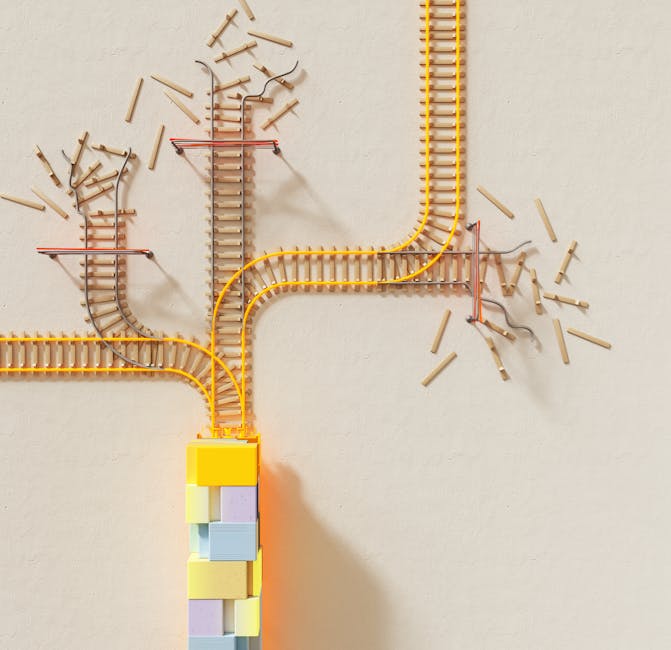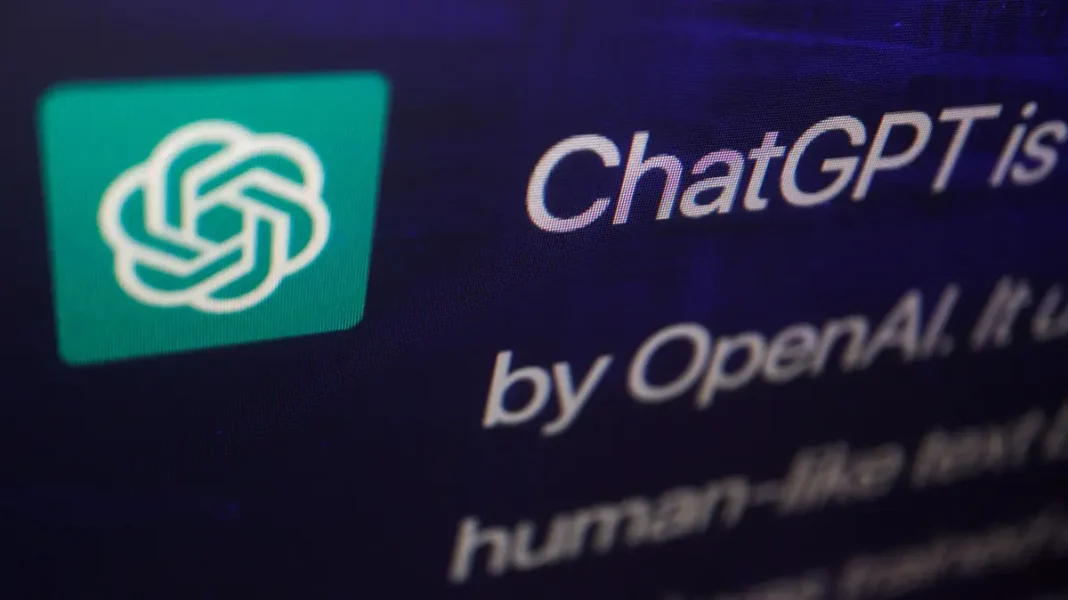As ChatGPT continues to gain popularity, recent reports suggest it has impacted the mental health of some of its million users, particularly concerning vulnerable individuals struggling with suicidal thoughts. This raises critical questions about the role of AI in mental health care.
The Rise of AI in Personal Conversations

ChatGPT’s integration into everyday life provides users with quick responses and engaging interactions, making it a convenient tool for many. However, its growing presence in personal conversations has led to complex scenarios where users seek emotional support and advice. This dependency on AI for sensitive topics brings both opportunities and challenges.
Despite its capabilities, ChatGPT lacks the empathy and understanding offered by human professionals. Its responses are based on patterns in the data it analyzes, which may not always align with the nuanced needs of individuals facing mental health crises. This creates possibilities for misunderstanding or misguidance, which could exacerbate problems instead of offering relief.
Potential Risks and Challenges

The potential misuse of ChatGPT when dealing with mental health issues is concerning. Without the ability to assess emotional states accurately, AI tools may unknowingly provide dangerous advice or fail to recognize a situation’s seriousness. This limitation emphasizes the need for user discretion and highlights the importance of professional intervention in mental health care.
Moreover, the anonymity that ChatGPT offers might lead people in crisis to prefer it over human interaction, isolating them further from essential support systems. The platform’s inability to alert authorities or family members during moments of crisis remains a critical gap in safeguarding individuals who may be at risk.
The Need for Ethical AI Design

In response to these concerns, developers are urged to implement ethical design principles. AI technologies must incorporate safety measures and refer users to appropriate resources when discussions involve sensitive topics like mental health. Steps could include triggering a warning or connecting users with professional help when certain keywords are detected.
Enhancements to AI could also involve collaboration with mental health professionals to create protocols that safeguard and support users. Responsible design should prioritize user well-being while maintaining accessibility to technological advancements in a way that complements human services, rather than replacing them.
Integrating Human Touch with AI Solutions

To optimize the benefits of AI like ChatGPT, the human touch should not be overlooked. AI should serve as a complement to traditional therapy and support systems rather than a substitute. Training users to seek human help when necessary, alongside AI interactions, can ensure a balanced approach to mental health care.
Educating the public about the limitations of AI, while encouraging human connections and understanding, can limit the risks associated with AI dependency. Awareness campaigns can highlight appropriate uses of AI in emotional contexts and promote the irreplaceable value of human empathy.
ChatGPT’s impact on users dealing with suicidal thoughts highlights the broader implications of relying on AI for critical aspects of life. It remains crucial to integrate ethical practices and human support to safeguard mental health effectively.





